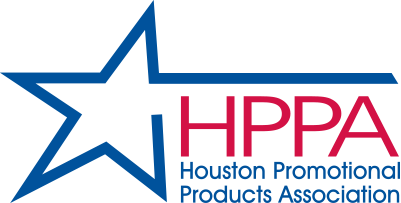Storm Creek (PPAI #438091/ASI#89879/SAGE #50007), a leading supplier of eco-made outdoor and lifestyle apparel, announced today their ability to help customers quantify their sustainability efforts.
The company is supplying the number of upcycled bottle counts per order on both the invoice and the shipping notification email. The example invoice below shows 9,346 bottles upcycled with that particular order.
Distributors continually field end-user requests for sustainably made products and hear how important environmental responsibility and sustainable practices are to their company. Many companies also have written statements of these goals – and, in the case of B Corp Certification or similar, the company is accountable to environmental performance standards.
Storm Creek started a sustainable sourcing initiative in 2016 and quickly committed to converting the entire line to be eco-made. Since 2020, the company has upcycled more than 24 million plastic bottles into eco-friendly lifestyle apparel for all seasons. By the end of 2023, the company projects this number to be 30 million bottles.
“As an outdoor-inspired apparel company, we are proud of our efforts to protect and support the environment through product innovations and conscientious sourcing practices,” Fudenberg noted. “Being able to quantify and share with customers and end users how their Storm Creek purchases deflect plastic from oceans and landfills takes it even one step further.”
The world’s plastic problem is enormous, with plastic drinking bottles being the third most common type of item found washed up on shorelines, according to the Ocean Conservancy. Over 480 billion plastic bottles are used worldwide in a single year, and less than 9% of plastic is recycled.
Teaching Sustainability to the Branded Apparel World
Earth Month is appropriate timing for the bottle tracker update. Also this month, Storm Creek launched Sustainability School which offers education via webinars, speaking engagements, and content, as well as an Eco Quiz that companies can take to test the depth of their sustainability knowledge.
“More and more companies are seeking to offer their employees responsibly made, high-quality products that last longer and are actually worn by their teams, thus building brand awareness,” said Fudenberg. “But not all companies are aware they can easily take part in alleviating the massive ocean plastic problem and fast-fashion waste issues.”
